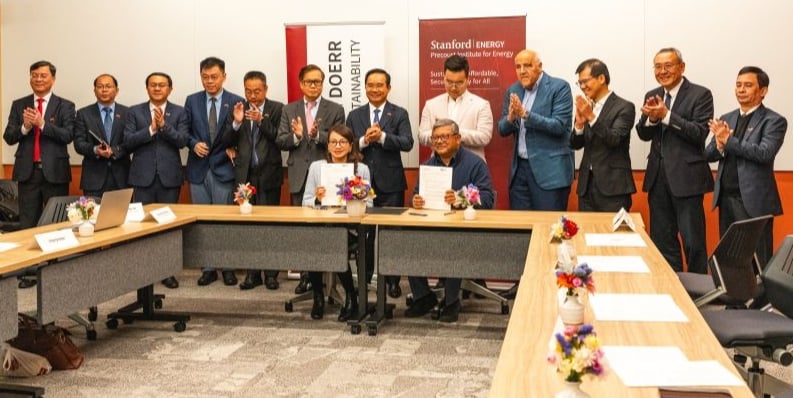
Towards connecting research strengths in clean energy systems and climate solutions
On the morning of October 17, the delegation had a working session with Stanford University and witnessed the signing ceremony of a framework agreement between Ho Chi Minh City National University and Doerr School, Stanford University.
This collaboration aims to connect Stanford’s research strengths in the areas of clean energy systems, climate solutions, and sustainable development with the regional expertise and student network of Vietnam National University, Ho Chi Minh City, including member schools, research institutes, and partners in the Southeast Asia region.
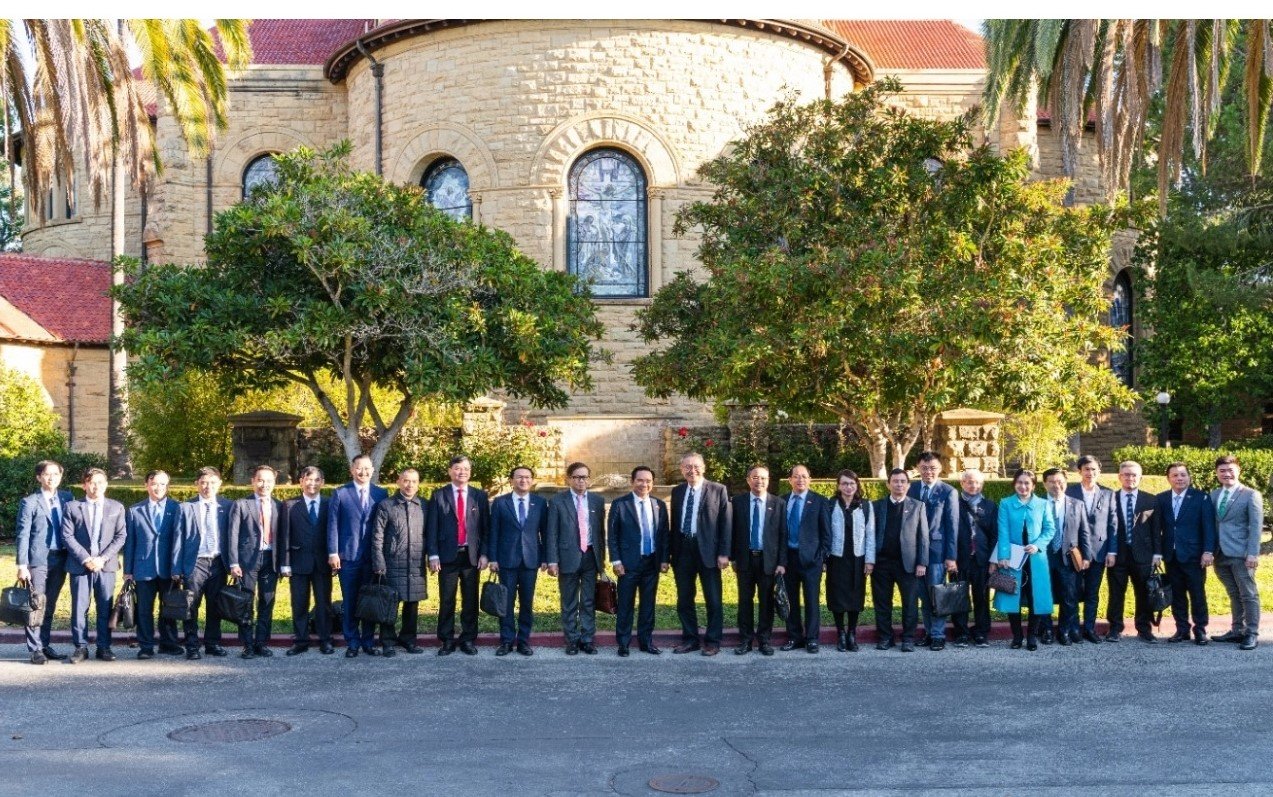
Towards the financial and industrial center of the ASEAN region
On the same day, within the framework of the Ho Chi Minh City - US Autumn Forum 2025 with the theme "New Ho Chi Minh City - New Opportunities - Prosperity Together", Ho Chi Minh City leaders, international experts and business representatives of the two countries discussed the vision of turning Ho Chi Minh City into a financial and industrial center of the region, affirming the city's increasingly clear position as a global meeting place for international investors.
In his opening speech, Professor Tran Ngoc Anh from Indiana University (USA) emphasized that Vietnam is one of the fastest growing economies in Asia. Ho Chi Minh City is not only the commercial center of the country, but also the financial and innovation center of Vietnam.
According to Mr. Anh, Ho Chi Minh City has set a goal of developing an international financial center in Ho Chi Minh City by 2030 with a scale of more than 700 hectares - an area converging technology, modern infrastructure, green energy and advanced financial services. This is a strategic step to turn the city into a destination for investment and innovation in the region.
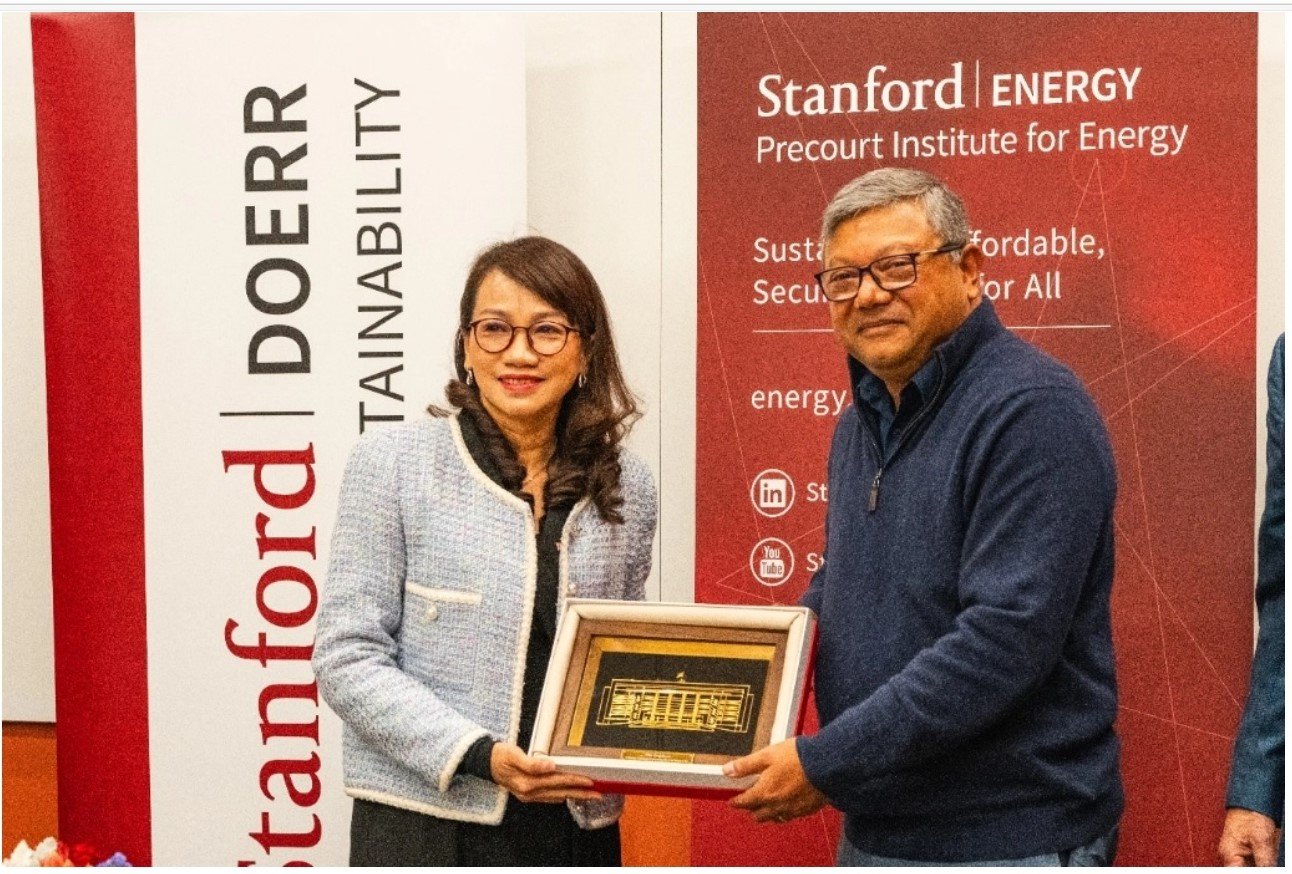
Representing the Ho Chi Minh City government, Director of the Department of Finance Nguyen Cong Vinh shared more details about Ho Chi Minh City's vision by 2030, not only as the economic center of Vietnam but also as the financial and industrial center of the ASEAN region.
Mr. Vinh said that Ho Chi Minh City is implementing three groups of solutions to realize the above roadmap, including implementing preferential policies to attract domestic and foreign investment, such as simplifying licensing procedures, tax incentives for high technology, financial services and establishing special economic zones for innovation and public-private partnership; modernizing urban infrastructure, transportation, logistics; and developing an integrated financial ecosystem between banks, investment funds, fintech and venture capital.
From the perspective of international businesses, Mr. David Lewis - Chairman and General Director of Energy Capital Vietnam (ECV) - believes that Vietnam's economy is undergoing a strong transformation, and energy is the core of this transformation process - because energy is the operating foundation of the entire industrial, financial and innovation system.
And green finance – a combination of private capital and climate-focused investment funds – will play a key role in driving sustainable industrial growth.
Vietnam, with its ability to harmoniously combine economic growth and sustainable development, possesses a rare strategic advantage in the region. This makes it particularly attractive to global investors in the fields of infrastructure, clean energy and digital industry.
From a global finance and consulting perspective, Ms. Christina Bui - Executive Vice President of Robert Half and Protiviti - affirmed that Ho Chi Minh City is emerging as one of the most dynamic and reliable investment destinations in Asia.
According to Ms. Christina Bui, the decisive factor to maintain the confidence of international investors is transparency and governance. Vietnam has made remarkable progress in applying international accounting standards, improving the transparency of capital markets and enhancing corporate governance capacity.
The transformation of Vietnam in general and Ho Chi Minh City in particular comes not only from policies or infrastructure, but also from human resources and innovation.
Digital transformation will be a key factor in the development journey of Ho Chi Minh City.
Summing up the discussion, Professor Tran Ngoc Anh commented that digital transformation will be a key factor in the city's development journey.
The Vietnamese government considers digital transformation central to its national strategy, including building a smart city model in Ho Chi Minh City.
The three-party cooperation model: the state, schools and businesses will be the decisive factor to promote innovation, while ensuring digital safety and trust. In addition, developing high-quality digital human resources is a prerequisite.
At the end of the discussion, the speakers agreed that the development journey of Ho Chi Minh City to become a financial and industrial center of the region in the coming period will be led by four pillars: Innovation - Transparency - Sustainability - Cooperation; through good governance, smart infrastructure and investment cooperation.
Source: https://ttbc-hcm.gov.vn/stanford-dai-hoc-va-dai-hoc-quoc-gia-tp-hcm-hop-tac-thuc-day-nang-luong-sach-va-phat-trien-ben-vung-1019797.html


![[Photo] Closing ceremony of the 18th Congress of Hanoi Party Committee](https://vphoto.vietnam.vn/thumb/1200x675/vietnam/resource/IMAGE/2025/10/17/1760704850107_ndo_br_1-jpg.webp)


![[Photo] Collecting waste, sowing green seeds](https://vphoto.vietnam.vn/thumb/1200x675/vietnam/resource/IMAGE/2025/10/18/1760786475497_ndo_br_1-jpg.webp)
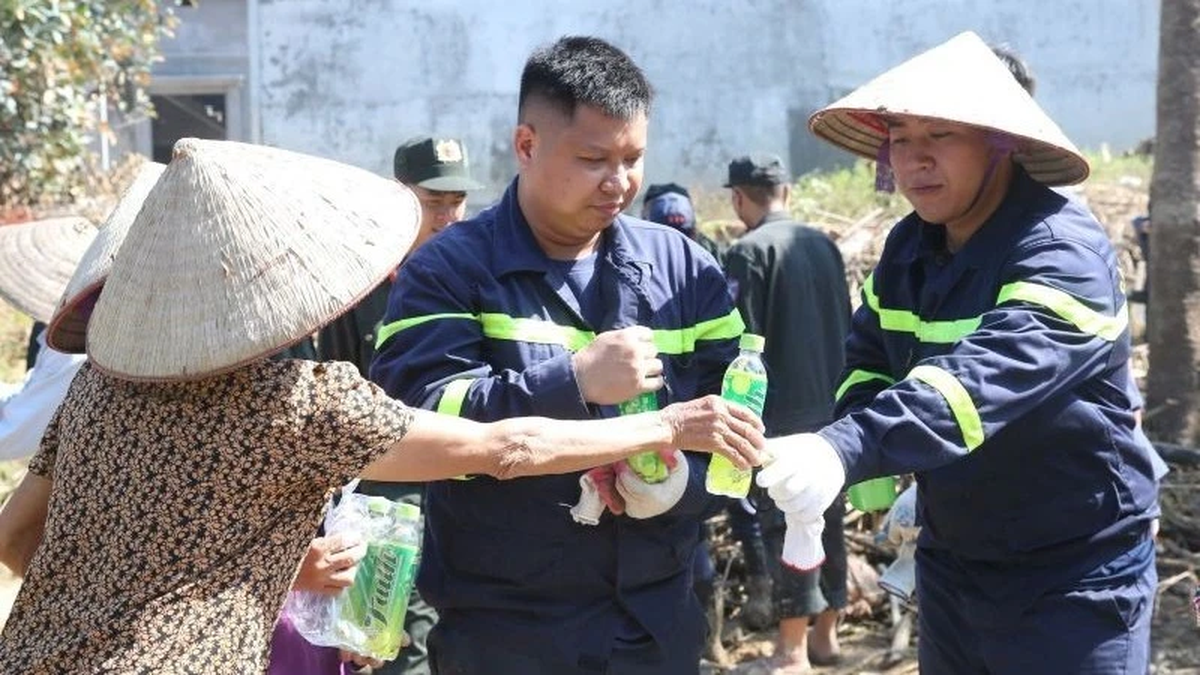
![[Photo] General Secretary To Lam attends the 95th Anniversary of the Party Central Office's Traditional Day](https://vphoto.vietnam.vn/thumb/1200x675/vietnam/resource/IMAGE/2025/10/18/1760784671836_a1-bnd-4476-1940-jpg.webp)
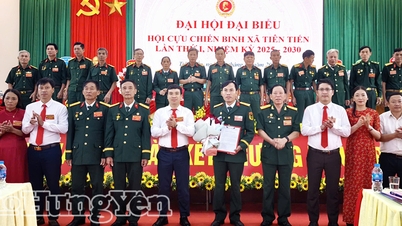

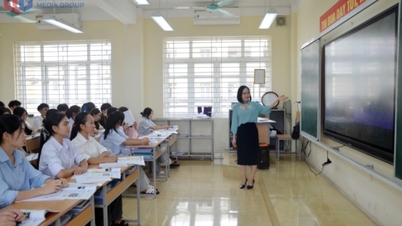




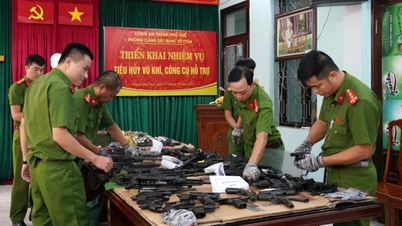

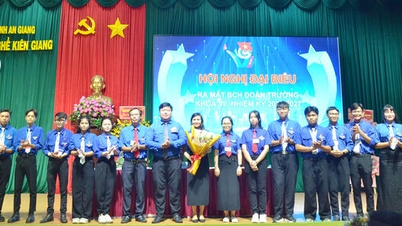







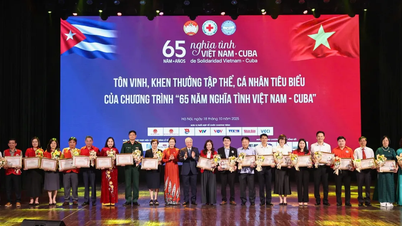






















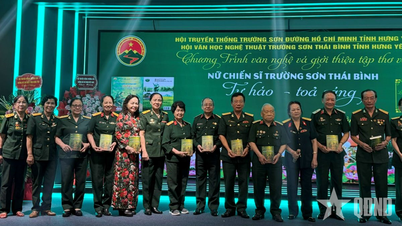















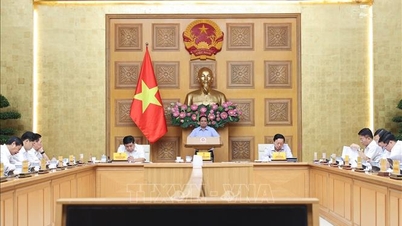
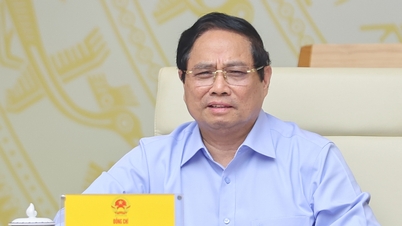
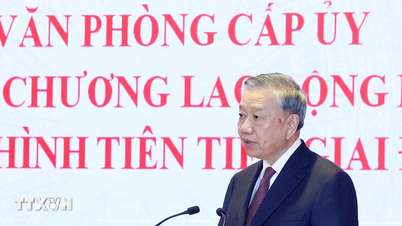

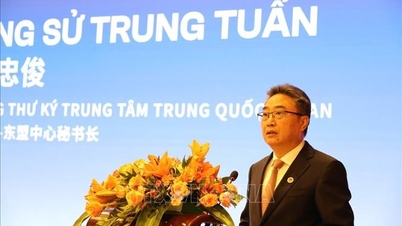
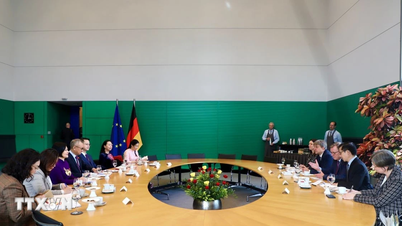










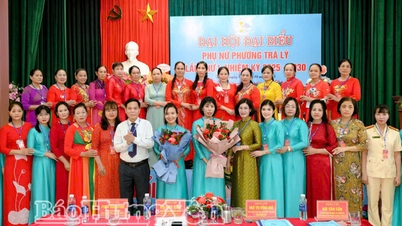

















Comment (0)